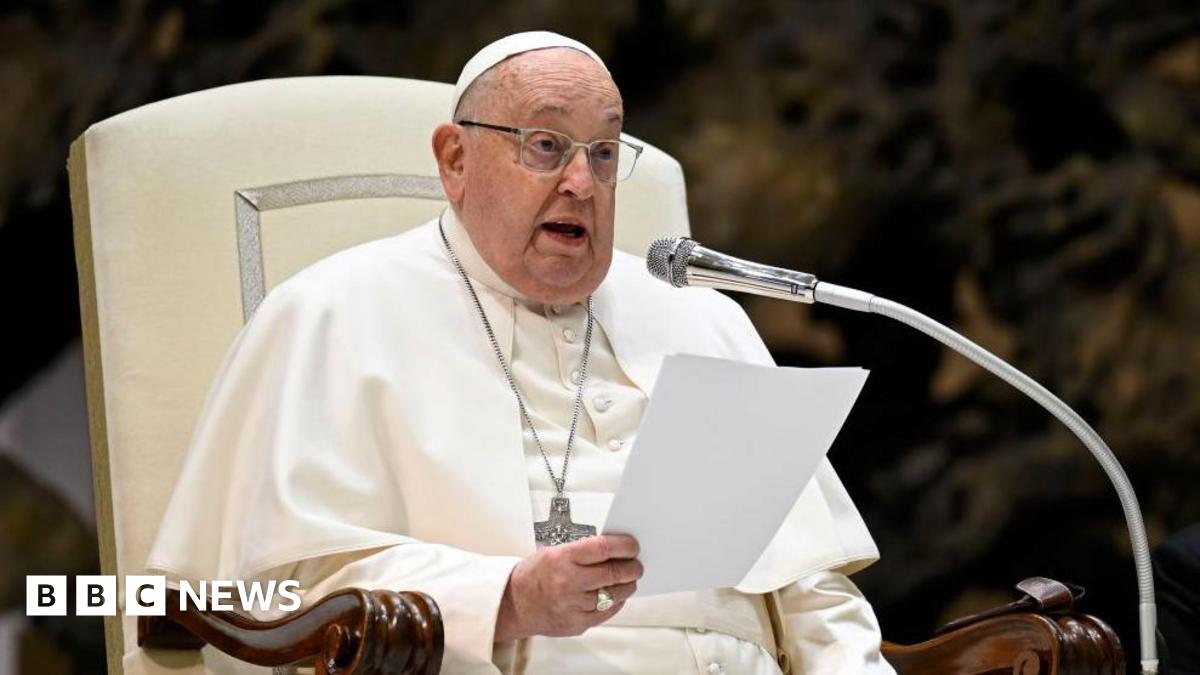The Trump Doctrine: A Break From A Century Of Foreign Policy

Table of Contents
The Trump Doctrine: A Radical Departure or Pragmatic Shift in American Foreign Policy?
Washington D.C. – Donald Trump's presidency marked a significant departure from decades of established American foreign policy, prompting intense debate over its long-term implications. Dubbed the "Trump Doctrine," this approach was characterized by a blend of unilateralism, transactional diplomacy, and an emphasis on "America First." While lacking a formal articulation like previous doctrines, its tenets emerged through actions and pronouncements, leaving a complex legacy to analyze.
The core tenets of the Trump Doctrine included a pronounced skepticism towards multilateral institutions and alliances. This was evident in his withdrawal from the Trans-Pacific Partnership (TPP) trade agreement, the Paris Agreement on climate change, and the Iran nuclear deal. These actions signaled a rejection of the post-World War II consensus on international cooperation and a preference for bilateral agreements tailored to perceived U.S. interests. Critics argued this damaged vital alliances and undermined global efforts to address critical challenges, while supporters contended it freed America from burdensome commitments and unproductive partnerships.
Trump’s approach to trade also reflected a protectionist stance. He imposed tariffs on goods from China, Mexico, and other countries, triggering trade wars and disrupting global supply chains. The administration justified these actions as necessary to protect American industries and jobs, although the economic consequences remain a subject of ongoing debate. While some sectors experienced short-term gains, others suffered significant losses, and the long-term effects on the global economy are still unfolding.
National security under the Trump Doctrine prioritized counterterrorism efforts but with a reduced emphasis on nation-building and regime change. The administration increased drone strikes and military actions against terrorist groups, but demonstrated less interest in large-scale interventions like those in Iraq and Afghanistan. This shift reflected a preference for a more limited role for the U.S. military abroad, though critics pointed to inconsistencies, such as the increased military presence in certain regions.
The administration's foreign policy decisions were often characterized by a transactional approach. This involved prioritizing direct deals and negotiations over adherence to established norms and international law. Examples included his personal diplomacy with North Korean leader Kim Jong Un, which yielded summits and promises of denuclearization, though with ultimately limited verifiable progress. Similarly, his meetings with Russian President Vladimir Putin generated controversy due to the perceived lack of accountability for Russian interference in the 2016 election.
The Trump Doctrine's legacy remains a subject of intense scholarly and political debate. Supporters point to the administration’s achievements in renegotiating the North American Free Trade Agreement (NAFTA) into the United States-Mexico-Canada Agreement (USMCA), reducing the U.S. military footprint in some regions, and achieving energy independence through increased domestic oil and gas production. Conversely, critics cite the damage inflicted on international alliances, the rise of protectionism, and the weakening of democratic norms abroad. The long-term consequences of the Trump Doctrine on American foreign policy, global stability, and international cooperation continue to unfold and require further historical analysis. Whether it represents a fundamental break from the past or a temporary aberration remains a central question for future historians and policymakers alike. Its impact on the global landscape – from trade relations to international security – will continue to be felt for years to come, shaping the foreign policy challenges of subsequent administrations.

Featured Posts
-
 Parking Woes In The Peak District One Drivers Experience
Feb 25, 2025
Parking Woes In The Peak District One Drivers Experience
Feb 25, 2025 -
 The Silent Toll Massive Russian Casualties In Ukraine Remain Unseen
Feb 25, 2025
The Silent Toll Massive Russian Casualties In Ukraine Remain Unseen
Feb 25, 2025 -
 Cnn Doctors Viral Video Highlights Worsening Insurance Costs In 2025
Feb 25, 2025
Cnn Doctors Viral Video Highlights Worsening Insurance Costs In 2025
Feb 25, 2025 -
 Grieving Mother Creates Massive Sculpture After Sons Death In Deadliest Pre 9 11 Plane Attack
Feb 25, 2025
Grieving Mother Creates Massive Sculpture After Sons Death In Deadliest Pre 9 11 Plane Attack
Feb 25, 2025 -
 The Lockerbie Tragedy One Mothers Powerful Sculpting Tribute
Feb 25, 2025
The Lockerbie Tragedy One Mothers Powerful Sculpting Tribute
Feb 25, 2025
Latest Posts
-
 Thousands Of Usaid Employees Facing Unemployment Leave Under Trumps Plan
Feb 25, 2025
Thousands Of Usaid Employees Facing Unemployment Leave Under Trumps Plan
Feb 25, 2025 -
 Trumps Presidency An Analysis Of Its Impact On World Order
Feb 25, 2025
Trumps Presidency An Analysis Of Its Impact On World Order
Feb 25, 2025 -
 Sag Awards Winners Moore Chalamet And The Conclave Celebrated
Feb 25, 2025
Sag Awards Winners Moore Chalamet And The Conclave Celebrated
Feb 25, 2025 -
 Conservative Victory Likely In German Election As Far Right Strengthens
Feb 25, 2025
Conservative Victory Likely In German Election As Far Right Strengthens
Feb 25, 2025 -
 Pope Francis Remains In Critical Condition Vatican Offers Encouraging Overnight Report
Feb 25, 2025
Pope Francis Remains In Critical Condition Vatican Offers Encouraging Overnight Report
Feb 25, 2025
